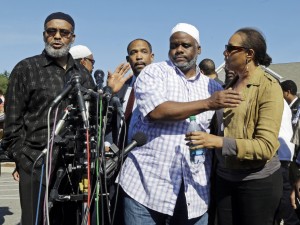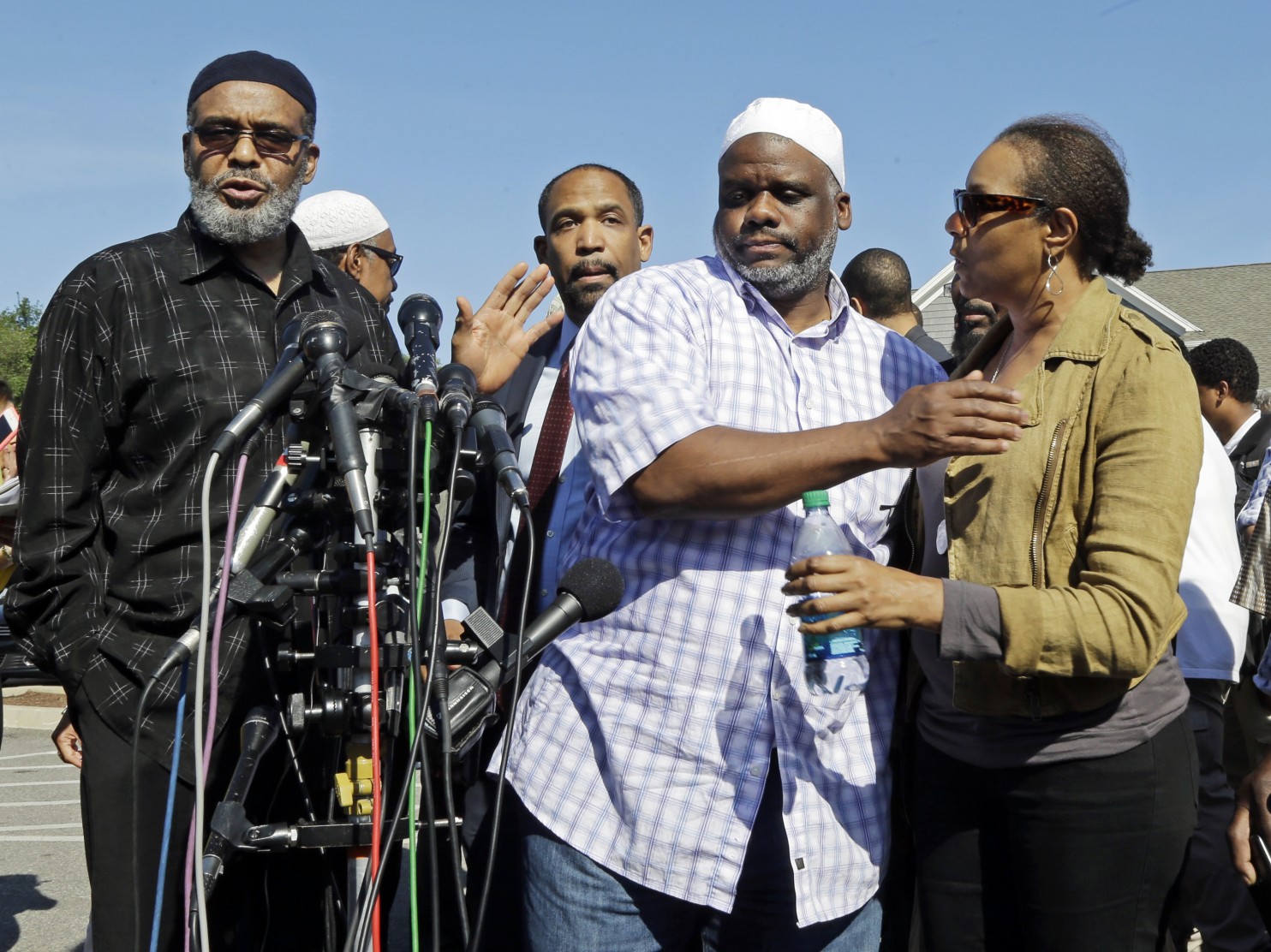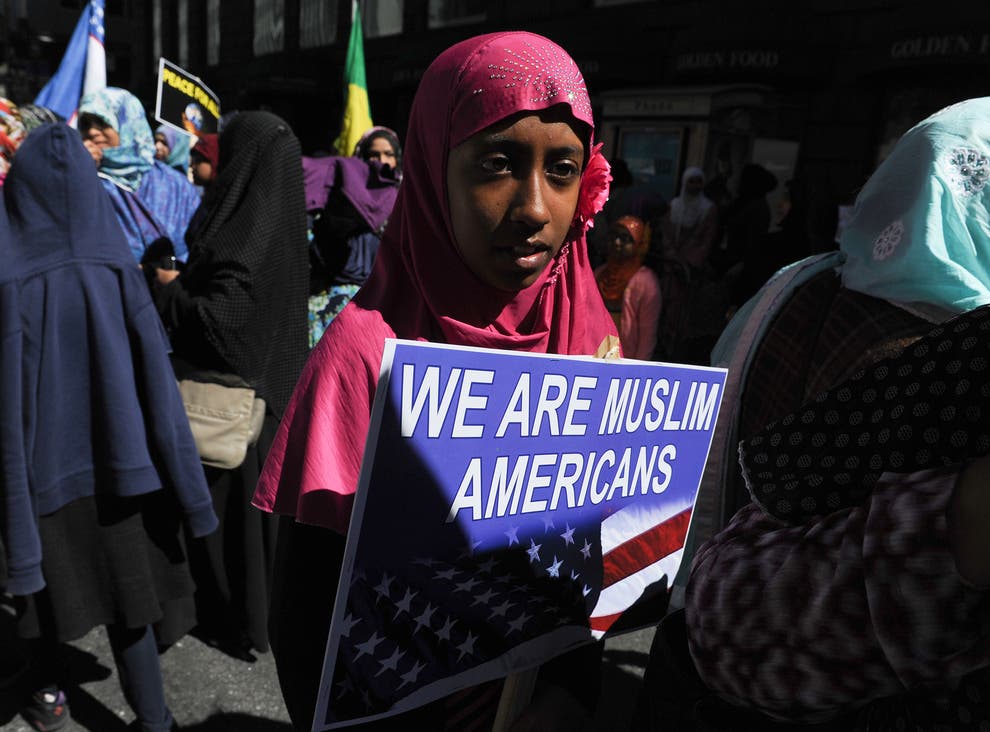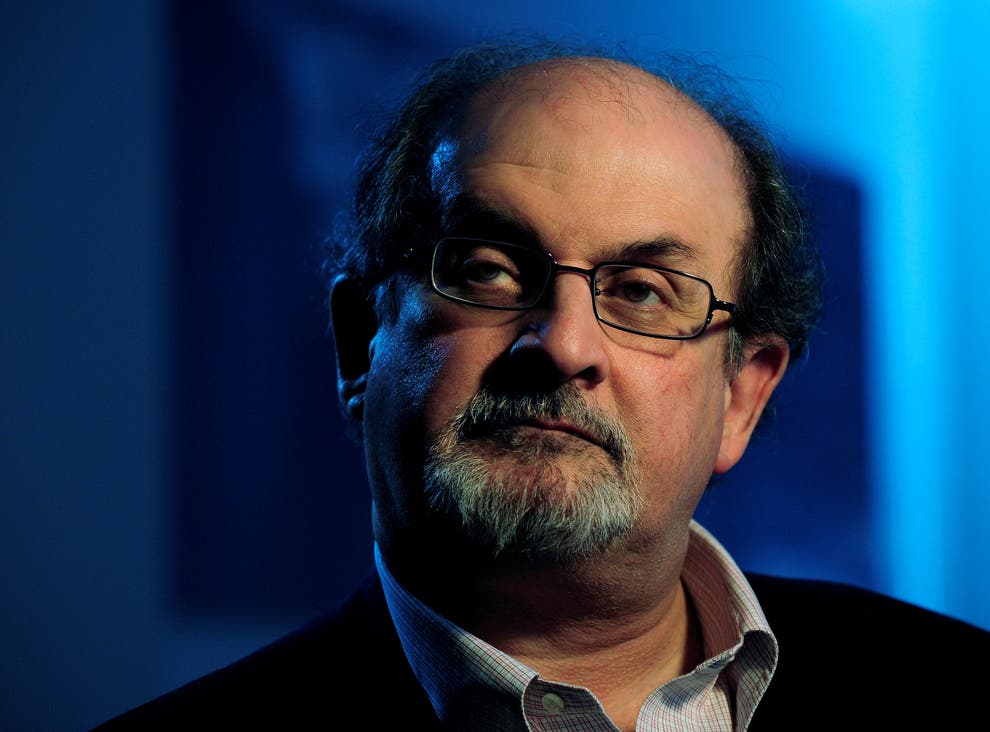BOSTON — Usaama Rahim liked an Islamic State page on Facebook but also spoke out against the kind of violence Islamic State extremists are fomenting across the Middle East. Killing people is anti-Islamic, Rahim wrote, arguing a key tenet of the faith is “we do not fight evil with that which causes a greater evil.”

Terrorism experts caution that extremists often chat, plot and recruit not on open social media platforms such as Facebook and Twitter but in darker corners of the Internet, such as chat rooms and on blogs not readily viewable or even searchable by the public.






